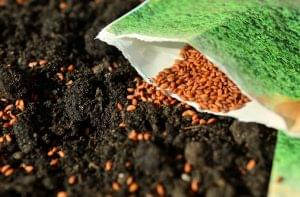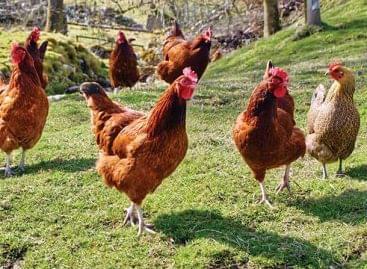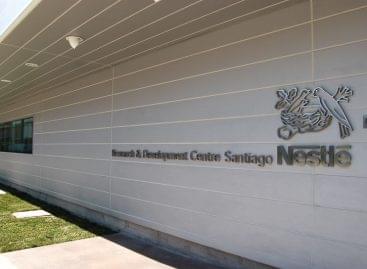Chilean “seed guardians”: fighting to preserve traditional plant varieties
The Chilean “seed guardians” movement has taken on a unique and significant mission: to preserve the genetic diversity of traditional, ancient plant varieties. Global food production is increasingly shifting towards industrial agriculture and genetically modified crops, while traditional crops are under threat. However, the “seed guardians” are striving to ensure that the crops grown by the indigenous Mapuche people continue to survive and adapt to changing environmental conditions, writes Agrárszektor.
Biodiversity and adaptation to climate change
 Members of the movement, such as Ana Yanez, have pointed out that due to the changing environment and the transition of farmers to higher-yielding varieties, fewer and fewer traditional plant varieties remain. The loss of these varieties not only reduces genetic diversity, but also threatens the ability of agriculture to adapt to the challenges of climate change. Ricardo Pertuze, an agronomist at the University of Chile, emphasizes that climate change will require varieties that can withstand extreme weather conditions, and these traditional varieties can provide the basis for the development of new, resistant crops.
Members of the movement, such as Ana Yanez, have pointed out that due to the changing environment and the transition of farmers to higher-yielding varieties, fewer and fewer traditional plant varieties remain. The loss of these varieties not only reduces genetic diversity, but also threatens the ability of agriculture to adapt to the challenges of climate change. Ricardo Pertuze, an agronomist at the University of Chile, emphasizes that climate change will require varieties that can withstand extreme weather conditions, and these traditional varieties can provide the basis for the development of new, resistant crops.
The role of gastronomy
The movement’s impact is not limited to agriculture, but is also felt in the gastronomic world. Pablo Caceres, the chef of a winery and restaurant in the Millahue Valley, is himself a seed keeper. He says the number of tomato varieties he grows has increased to 26 this year, and there are now more than 200 different varieties. This is a huge improvement compared to the maximum of five tomato varieties usually available in the markets.
Preserving genetic diversity not only enriches culinary diversity, but also creates new opportunities for local cuisines, while helping to maintain traditional knowledge and practices.
Saving traditional knowledge
According to Delfin Toro, one of the members of the movement, their goal is not only to preserve seeds, but also to pass on the knowledge of their ancestors. “We are saving the seeds and the knowledge of our ancestors: how they harvested, how they sowed, the dynamics of the moon, when to plant and when to harvest,” he explained. This knowledge, combined with modern technology, can help create sustainable agricultural systems.
A global movement
The work of the Chilean “seed guardians” is not unique. Similar initiatives exist around the world: there are similar programs in India, China, sub-Saharan Africa and the former Soviet Union. According to Wilson Hugo, an official at the Food and Agriculture Organization of the United Nations (FAO), these movements play a key role in preserving genetic diversity, but they need more support.
Related news
Related news
The Hungarian Food Book is 50 years old
🎧 Hallgasd a cikket: Lejátszás Szünet Folytatás Leállítás Nyelv: Auto…
Read more >







